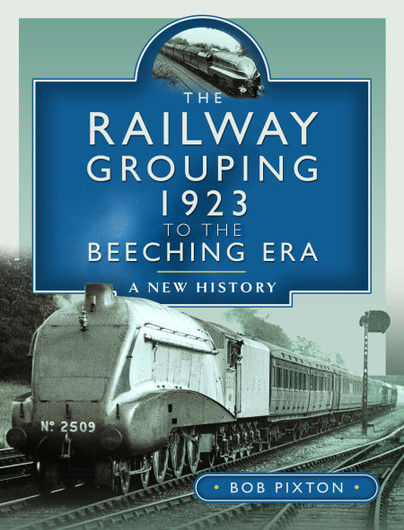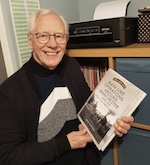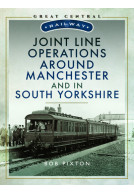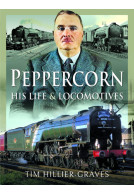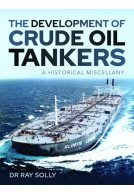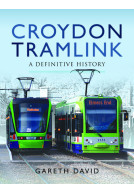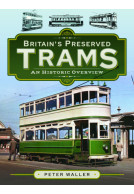The Railway Grouping 1923 to the Beeching Era (eBook)
A New History
Imprint: Pen & Sword Transport
File Size: 66.0 MB (.epub)
ISBN: 9781399088299
Published: 30th April 2024
| Other formats available - Buy the Hardback and get the eBook for £1.99! | Price |
|---|---|
| The Railway Grouping 1923 to the… Hardback Add to Basket | £21.00 |
When King George V ascended to the throne in 1910, world trade was increasing and at home the country’s private enterprise railways were booming with larger trains and more freight being carried than ever before. Over the next fifty years the country had experienced not one, but two world wars. Railways had been forcefully reorganised, not once but twice, eventually becoming state owned. With the Government now in control of the railway’s finances, reformation was on the horizon in the medicine of Dr. Beeching.
This volume sets out to chart the passage of the railways during these turbulent times.
Contrary to popular belief, life on the railways during these times was not all doom and gloom but times of innovation, competition, new buildings, new lines and the spread of electrification. This was the era of faster, larger, non-stop expresses, streamlined trains: we even showcased our best trains abroad, not once but twice!
More and more people were taking holidays by trains and holiday camps emerged. Challenging the position of steam engines were new diesel locomotives. The Festival of Britain (1951) and the Coronation of Elizabeth (1953) saw the country emerge from the devastation and crippling debt after World War 2. On the horizon were devastating rivals that wounded the previously unassailable position of steam trains: motor lorries and family cars.
With looming unsustainable finances, the Government solicited external help to help sort out matters.
"...there is much of interest.."
Review - Friends of the National Railway Museum
As reviewed by
Steam World - August 2024
"...an individual's perceptive account of both the broad trends and some interesting curiosities in the period covered."
The Railway Correspondence and Travel Society - The Railway Observer - September 2024
"Bob Pixton has produced a readable book and raises several points in the text, which needs further scrutiny. He is to be commended for this study."
Journal of the Railway & Canal Historical Society
I never knew that the Central London Railway had a branch in Manchester (Page 166). Reference should have been made, of course, to the Cheshire Lines Committee. A very lightweight history, not for the serious enthusiast. A surprising number of errors both factual and grammatical from an author with an impressive track record.
Philip Richardson
About Bob Pixton
Bob Pixton is a retired teacher who lives in Swindon in Wiltshire, he was originally from the Manchester area and has always had an interest in the railways of Lancashire and Yorkshire.
He has been researching and collecting material about the lines that ran across the Pennines for many years, with a view to writing a series of books about the railways that criss crossed this once heavily industrialised part of Britain.
The author is also a railway modeller with an interest in constructing layouts, which have a slant towards freight operation, producing a miniature copy of his favourite areas of railway research, railways that serve industry.







